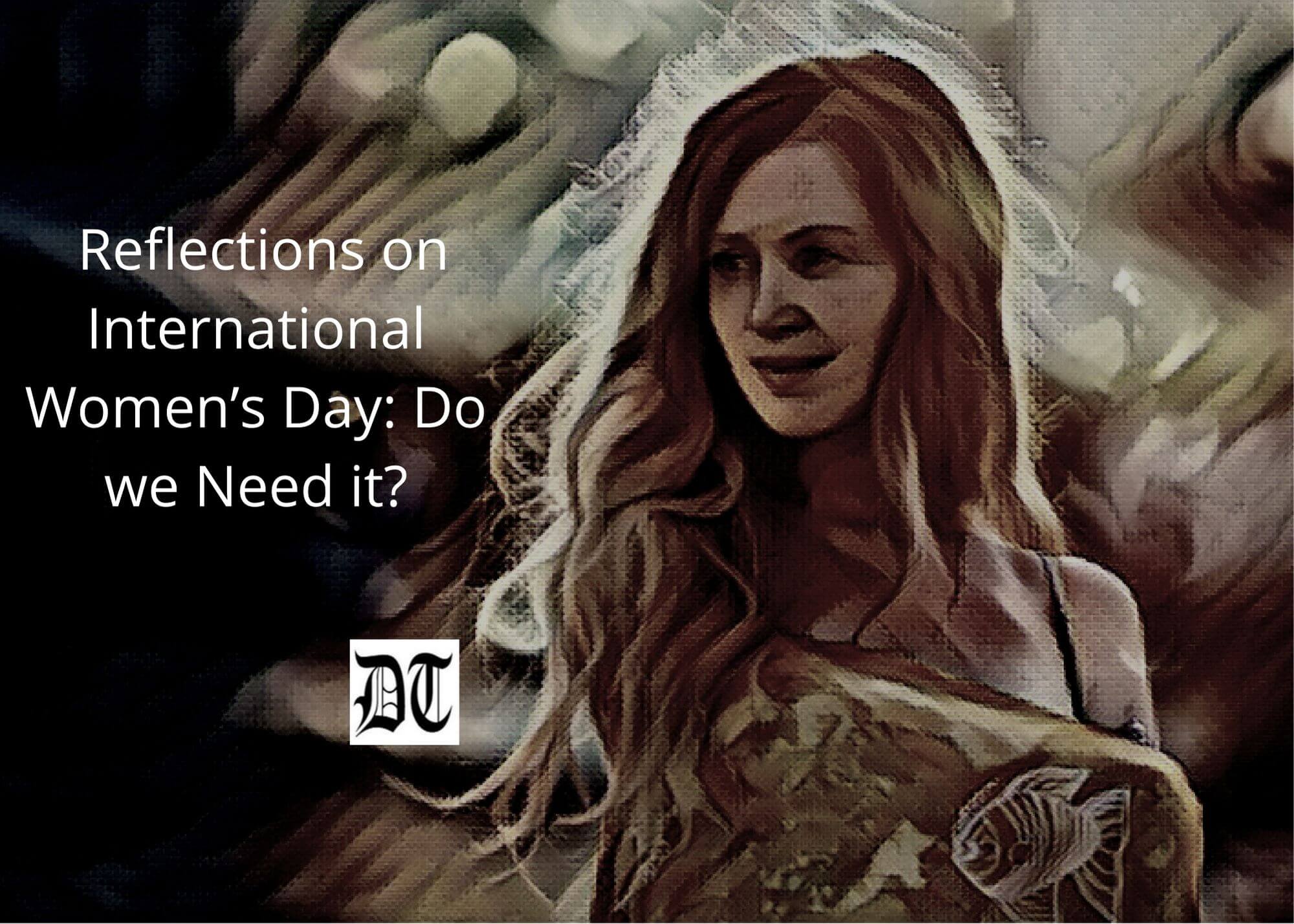Concetta opines that Trump’s appointments to key cabinet positions, including national intelligence director, F.B.I. director, healthcare policy overseer, and secretary of defense, for their unconventional nature, exclusively for Different Truths.

President-elect Donald Trump’s appointments to key cabinet roles raise significant concerns due to their unconventional nature and questionable qualifications. Figures like Tulsi Gabbard 1 for director of national intelligence, Kash Patel 2 for F.B.I. director, Robert F. Kennedy Jr. 3 for overseeing health care policy, and Pete Hegseth4 or secretary of Defense all demonstrate troubling biases and lack the necessary experience for these critical positions.
In addition to these appointments, Trump’s selection of ambassadors and senior advisers — a mix of close associates, loyalists, and family members — represents a sharp break from long-standing norms in American politics. This trend mirrors a global pattern of attacks on institutions that uphold the rule of law and democratic governance. Countries like Hungary, Israel, and the United Kingdom have also seen their civil services, judicial systems, and law enforcement bodies undermined by their leadership.
Such actions often lead to dire consequences, enriching loyalists while weakening independent expertise and vital public services. These trends dismantle the modern state’s ability to function effectively, creating a governance style grounded in personal loyalty and favouritism. The German sociologist Max Weber described this kind of leadership as “patrimonialism,” a system where leaders run the state as if it were a family enterprise, appointing relatives and confidants to positions of power.
Weber, a prominent 19th-century scholar, is known as one of the founders of sociology. He studied the structures of authority and governance, coining terms such as “bureaucracy” and “patrimonialism” to explain how power is exercised in different systems.
While patrimonialism was thought to be a relic of the past, the rise of leaders exploiting inequality, cultural divisions, and demographic shifts has revived this governance model. This has led to declining governmental capacity to deliver essential services, including health care, education, and public safety. The damage inflicted by such leadership is not easily reversed. For instance, in Poland, after years of patrimonial governance under Jarosław Kaczyński, the newly elected pro-European government faces significant challenges in rebuilding damaged state institutions.
The return of Trump to the White House underscores the fragility of modern governance. His election, like those of other leaders around the world, reflects a growing shift away from the rule of law toward a system dominated by individual power. To combat this global trend, defending democratic institutions is not enough. The challenge is broader and more urgent: preserving a system of governance that prioritizes expertise, accountability, and the rule of law over personal loyalty and arbitrary power.
Footnotes
1. Tulsi Gabbard: A former congresswoman and Iraq War veteran, Gabbard has faced criticism for her past engagements with controversial leaders and her alignment with far-right viewpoints on certain issues.
2. Kash Patel: A former Trump administration official with no law enforcement background, Patel’s tenure as Chief of Staff to the Acting Secretary of Defense was marked by allegations of politicizing intelligence operations.
3. Robert F. Kennedy Jr.: Known for his anti-vaccine advocacy and promotion of conspiracy theories, Kennedy’s positions have been widely criticised as harmful to public health.
4. Pete Hegseth: A television personality and Army veteran, Hegseth’s lack of policy experience and partisan approach to defense issues have raised concerns about his fitness for the role of secretary of Defense.
Picture design by Anumita Roy






 By
By
 By
By
